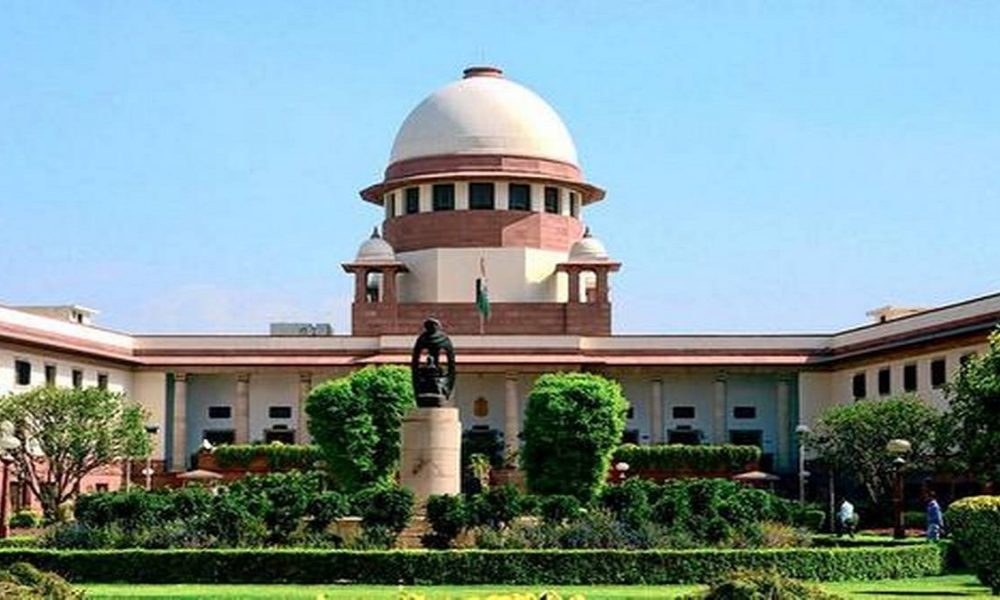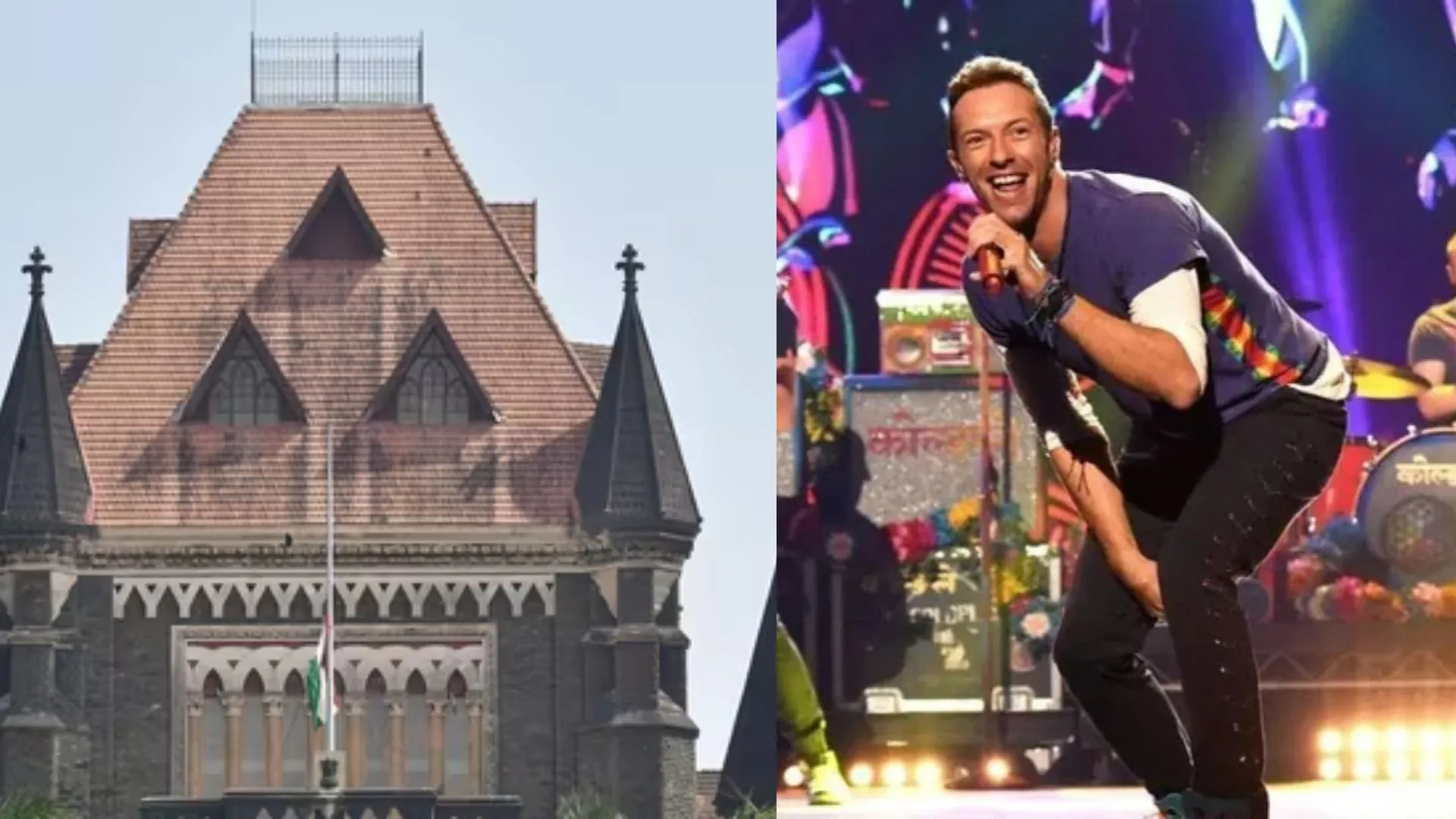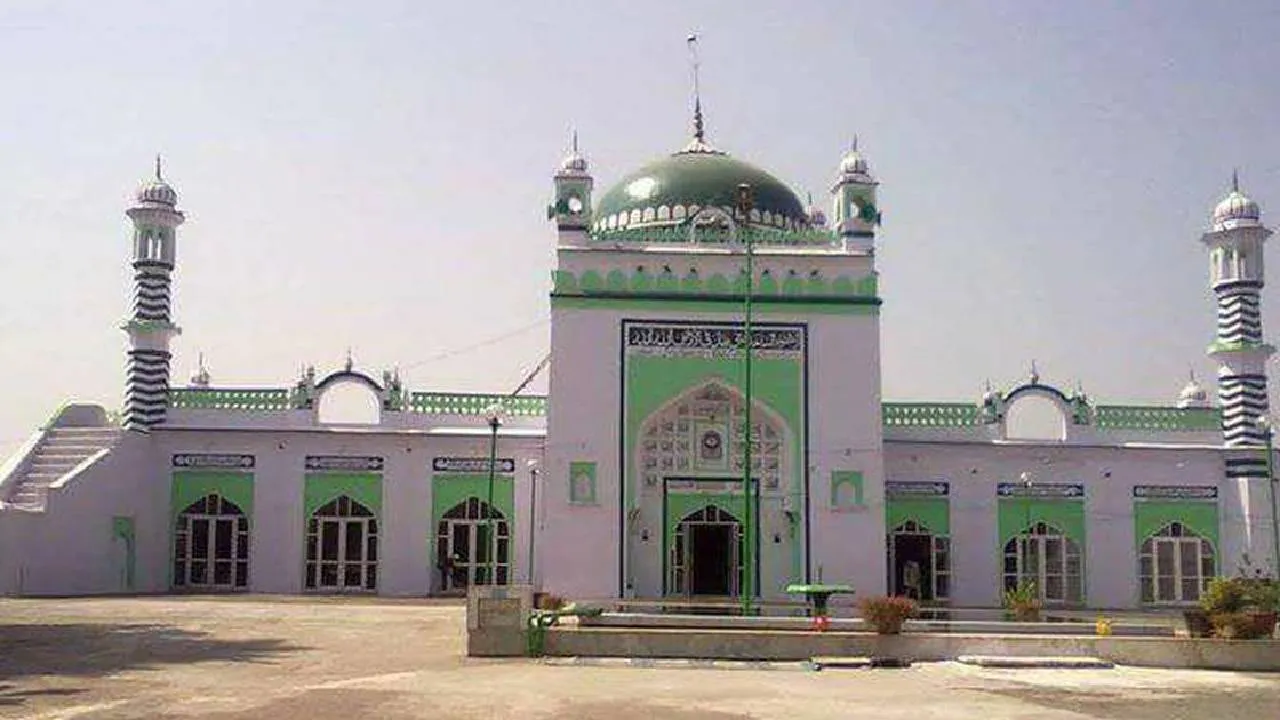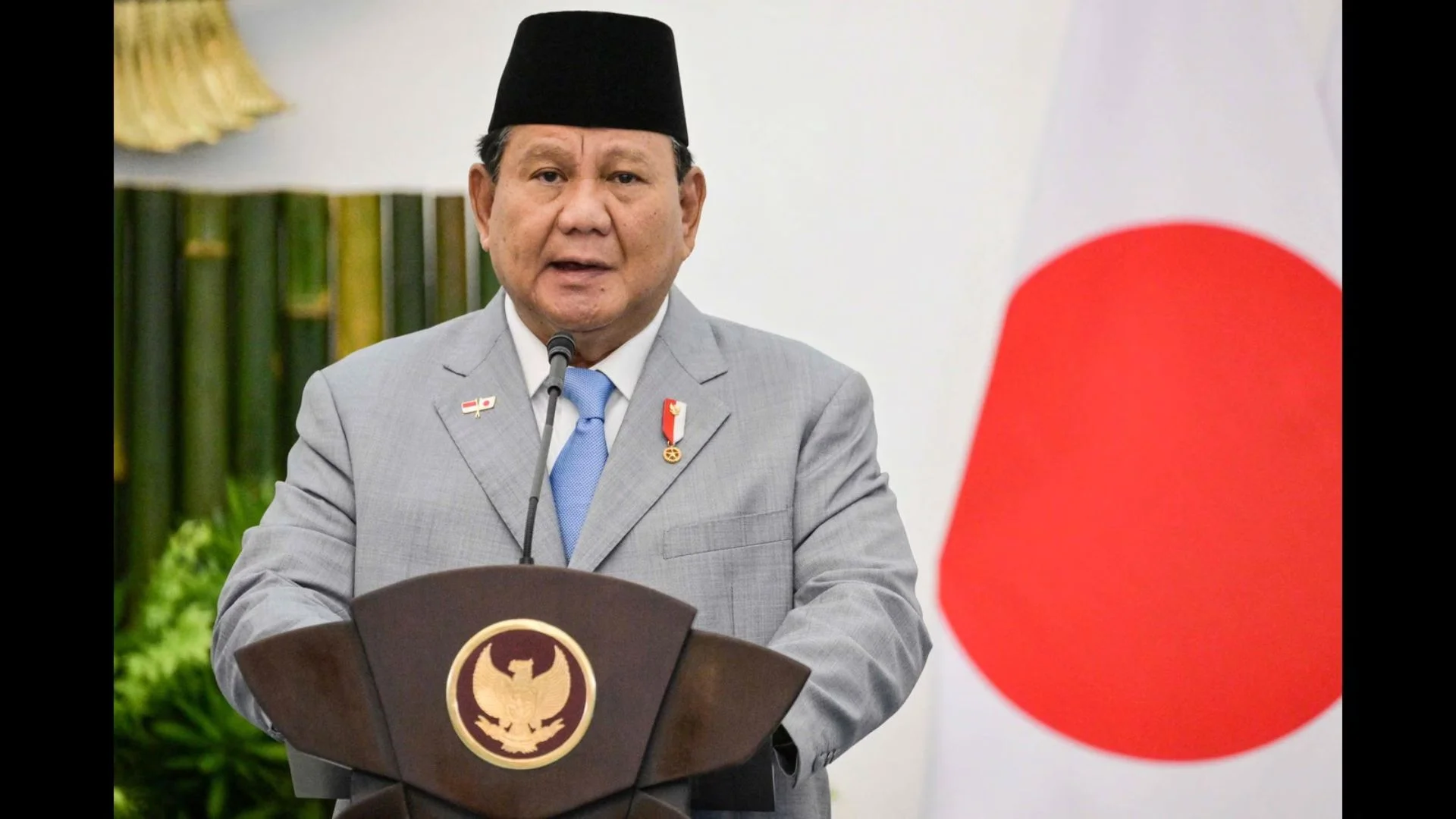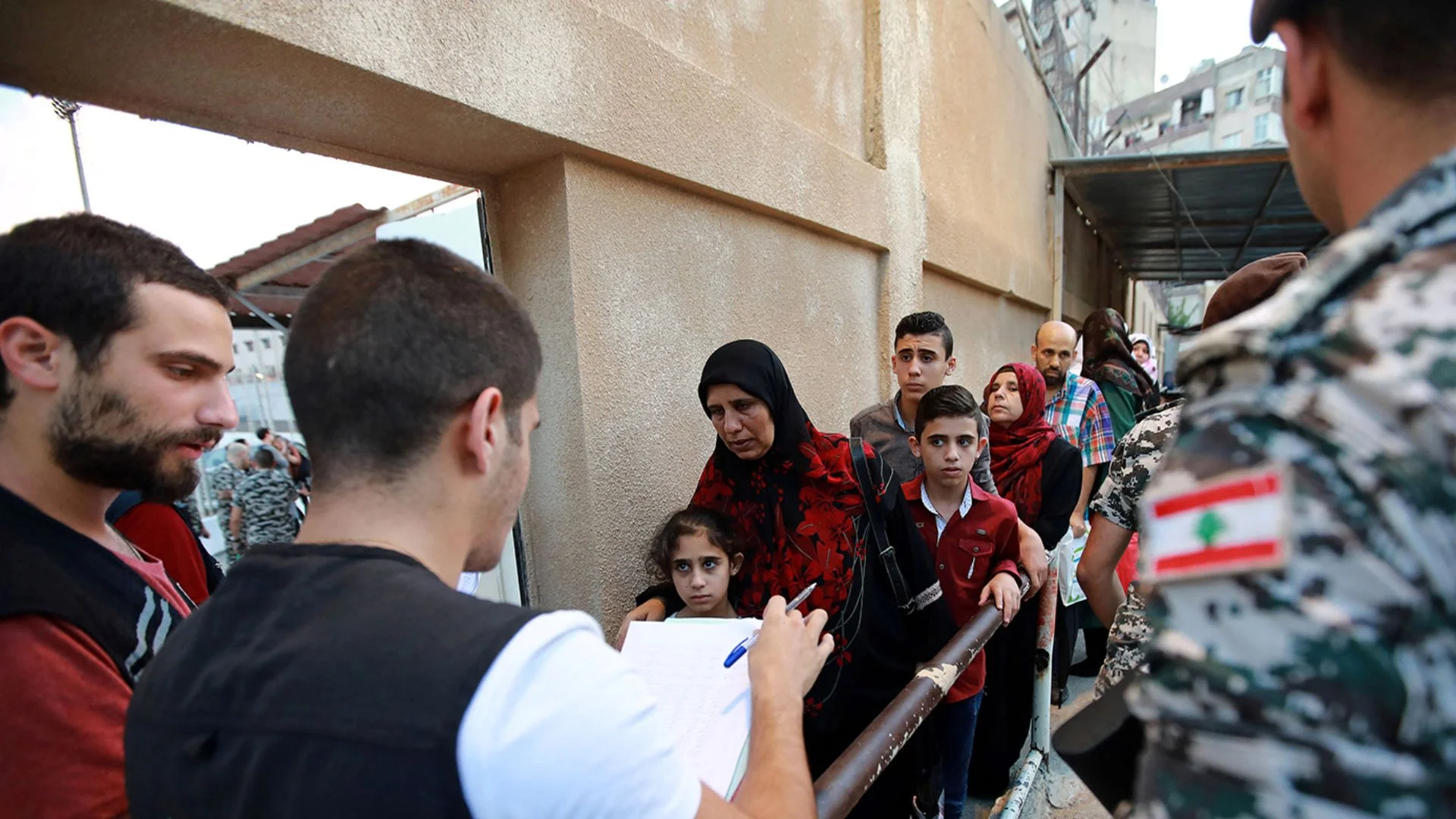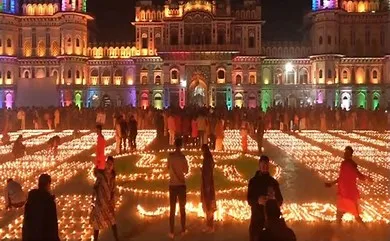The Supreme Court in the case Smt. Kaithuami [L] vs Smt. Ralliani observed that Mizo Customary Law under Ingeritance depends upon the legal responsibility carried out by the legal heir to look after the elders in the family.
In this case the Gauhati High Court allowing the second appeal held that it is only the respondent 2 and 3 being the legal heirs of Thanhnuna who were entitles to the rights in the property to the exclusion of the appellants herein the property of the deceased has to be divided between Thansangi Huha (appellant No.4 and Lalmuanpuii (respondent No.3). It found that since Thansangi Huha (appellant No.4 herein) had discharged her responsibility of looking after her mother till her death, her right to inherit her fathers’ properties could not be defeated held by the District Court.
P.S. Dahrawka was survived by his wife Kaithuami, only son Thanhnuna and seven daughters at the time of his death he died on 5th March, 1978. After his death, his youngest daughter, Thansangi Huha (appellant No.4), was divorced and came to live with her mother Kaithuami in January, 1997. The son Thanhnuna, who died in the year 1996, was survived by his widow Ralliani and two daughters, namely, Laldinpuii and Lalmuanpuii (respondents). All the daughters were married and living with their respective families.
According to Mizo Customary Law, Thanhnuna being the only son was the only legal heir of his late father P.S. Dahrawka the appellants had contended that the High Court failed to take into consideration that under the Mizo Customary Law it is not only the rights which are inherited, but it is also the responsibilities which are inherited. They contended that the inheritance depends upon the responsibilities discharged by a legal heir towards his/her parents in their old age was contended in an appeal before the Apex Court.
The Apex Court bench also noted that the District Council Court had taken into consideration the principle of Mizo Customary Law of Inheritance and the spirit of equity.
The Bench observed while considering the appeal:
in the case of Thansiami vs. Lalruatkima and Or’s. has also held that the inheritance depends upon the question as to whether a person supports the deceased in his old age or not. It has been held that even if a natural heir does not support his parents, he would not be entitled to inheritance. It has further been held that even if there is a natural heir, a person who supports the person until his death could inherit the properties of that person. The said view is also supported by the judgement of the Gauhati High Court, Aizawl Bench in the case Thanisiami vs. Lalruakima with the said view, The Gauhati High Court, Aizawl Bench, speaking through Madan B. Lokur, C.J. (as he then was)
Justices L. Nageswara Rao and B R Gavai agreed with the view taken in a 2012 judgment of Gauhati High Court that under Mizo customary law even if there is a natural heir, a person who supports the person until his death could inherit the properties of that person and that even if a natural heir does not support his parents, he would not be entitled to inheritance.

